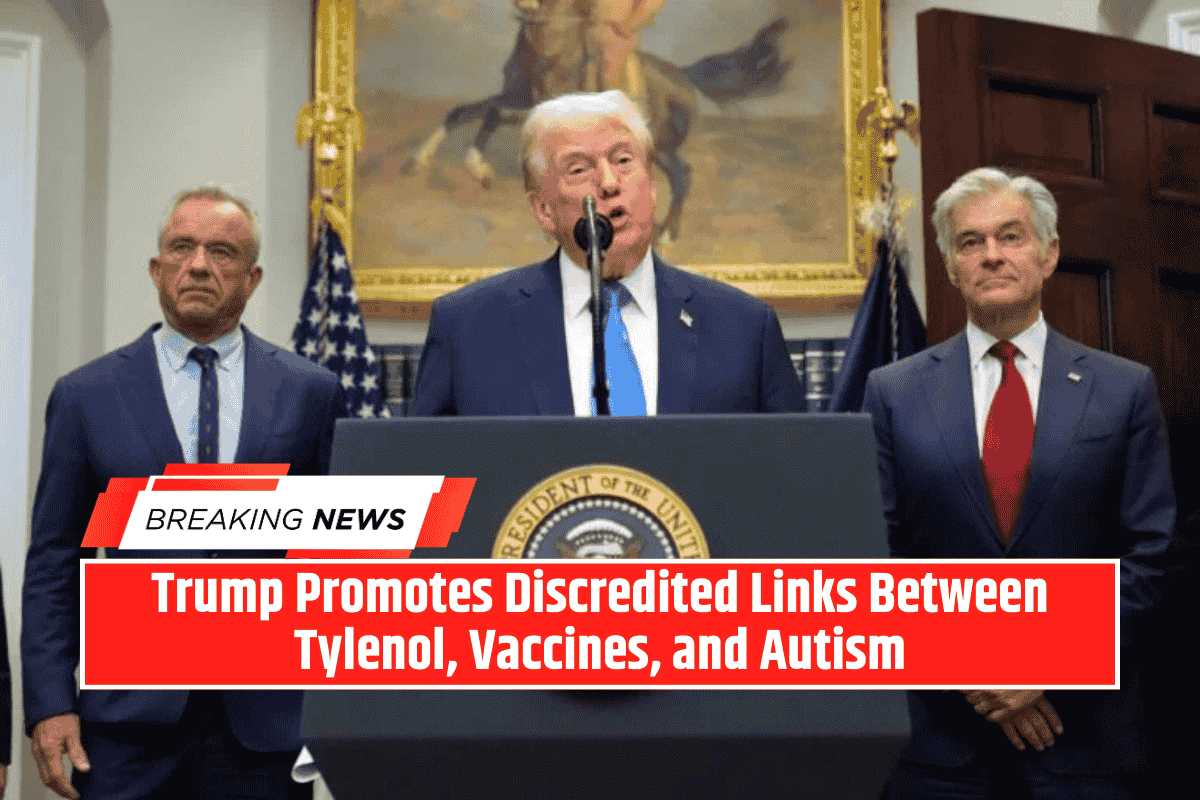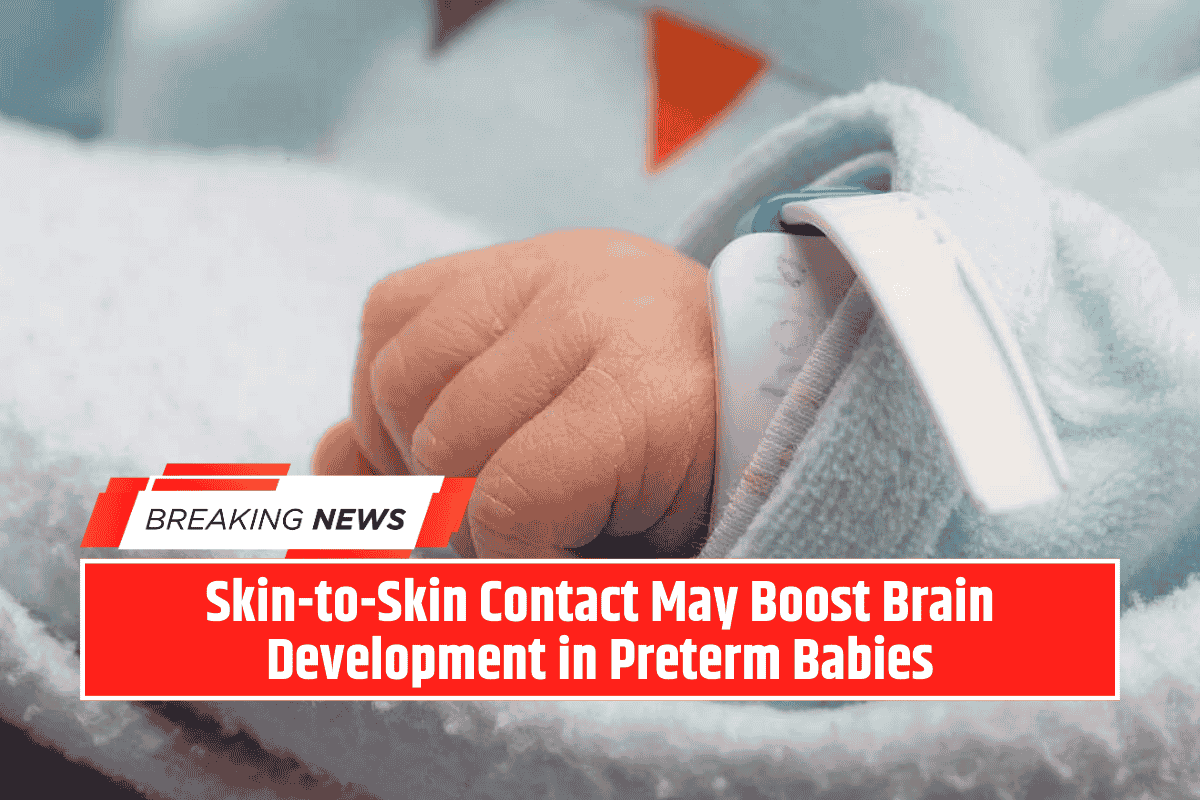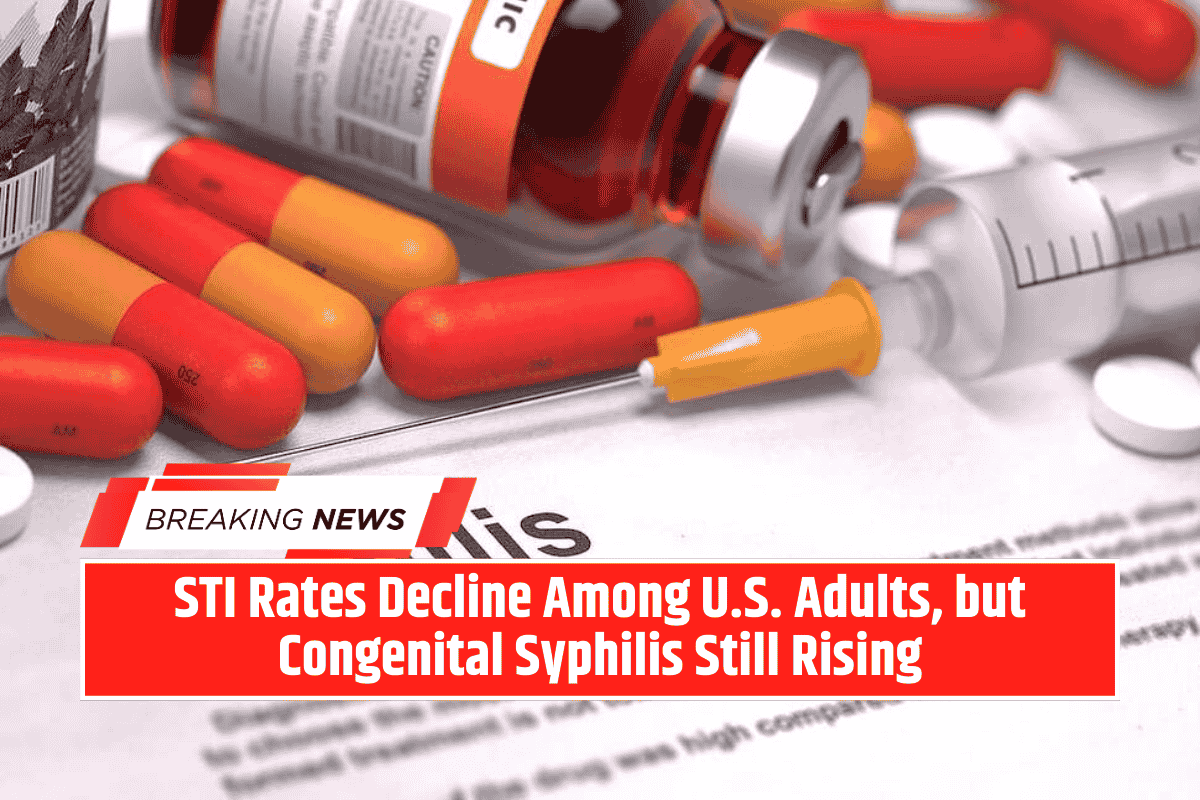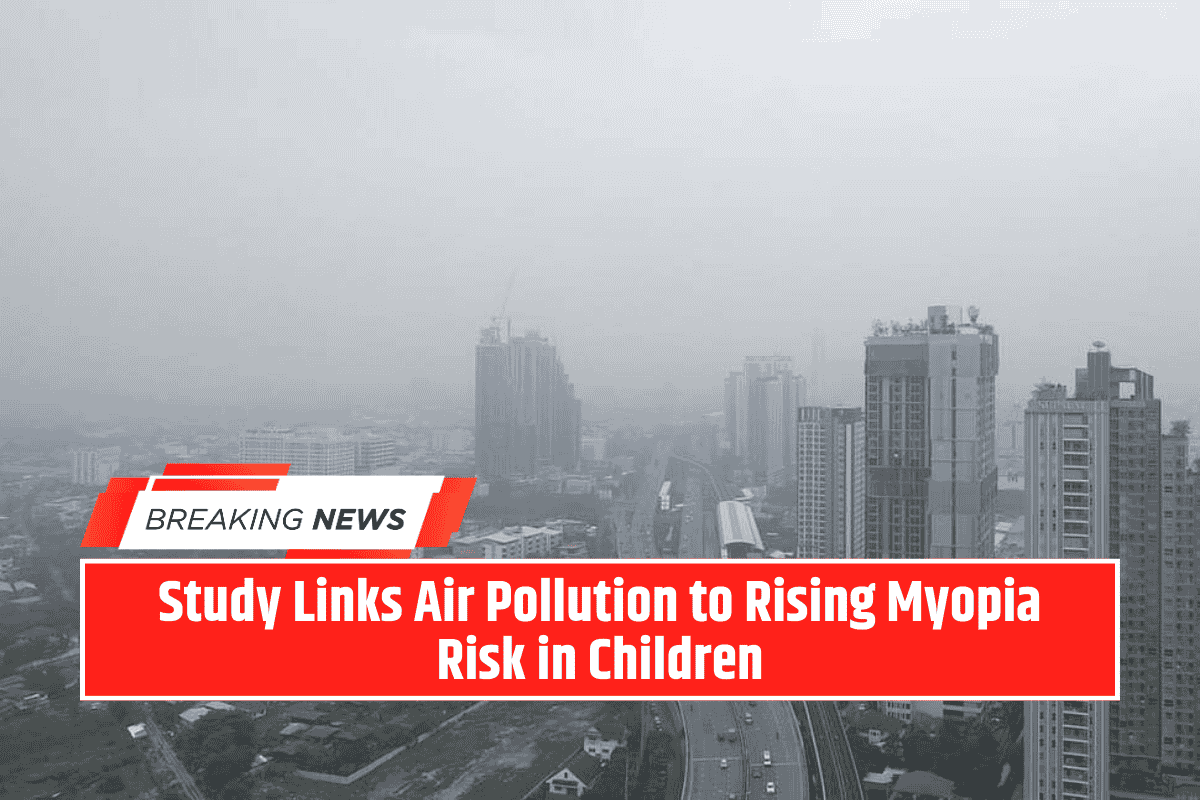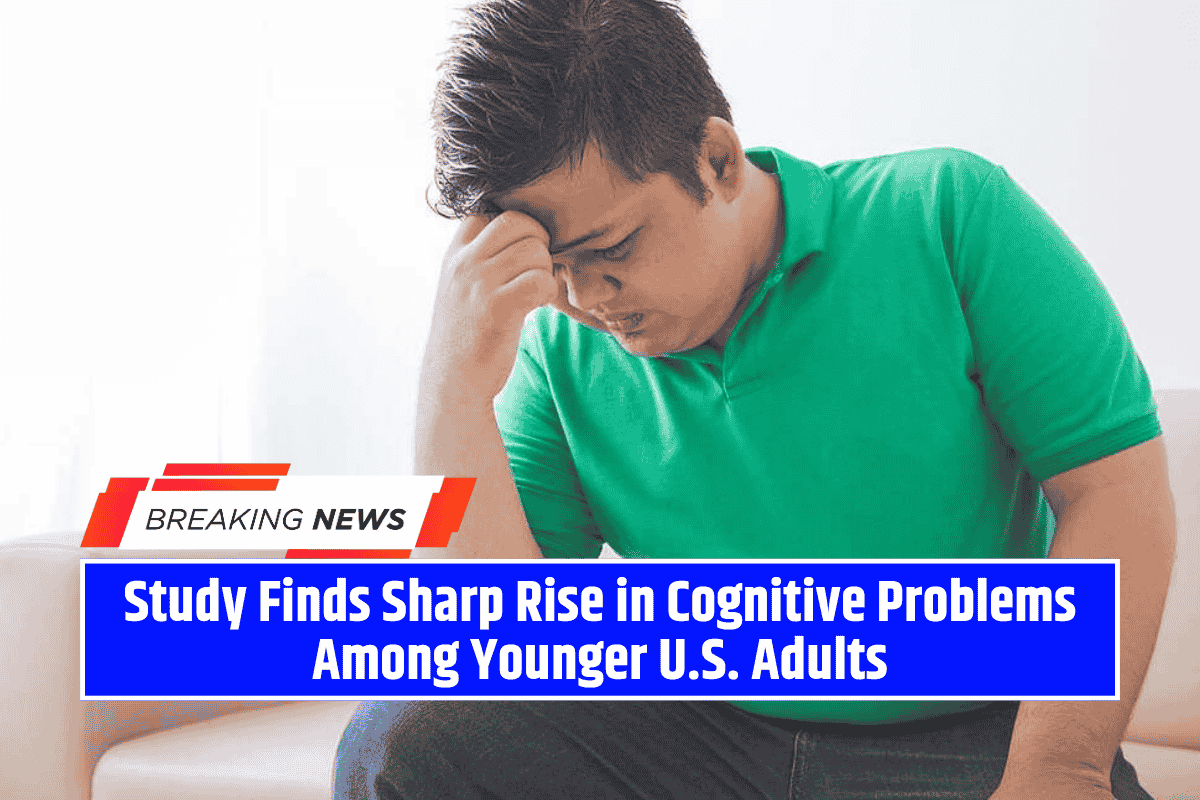President Donald Trump used a Monday press conference to revive discredited claims linking Tylenol and vaccines to autism. He repeatedly warned pregnant women against using acetaminophen (Tylenol) and advised mothers not to give it to children, despite a lack of conclusive scientific evidence.
The announcement coincided with the administration’s launch of a broad investigation into autism causes, heavily influenced by anti-vaccine activists aligned with Health Secretary Robert Kennedy Jr.
Medical and Scientific Response
Experts swiftly condemned Trump’s remarks. NYU bioethicist Art Caplan described the event as “dangerous advice” lacking evidence.
The Society for Maternal-Fetal Medicine and the American College of Obstetricians and Gynecologists reaffirmed Tylenol’s safety for pregnant women, stressing its importance for treating fever and pain. Research indicates autism develops prenatally, undermining Trump’s warnings about Tylenol use in infants.
The Evidence on Tylenol
Some studies have suggested a possible association between prenatal Tylenol use and autism, but results are inconsistent. Confounding factors, such as fever during pregnancy, complicate findings.
Medical experts emphasize that untreated fevers carry known risks, including miscarriage and preterm birth.
Tylenol maker Kenvue rejected Trump’s claims, warning that discouraging use could push women toward more harmful alternatives. The company’s stock dropped 7.5% following the announcement.
Vaccine Myths Resurface
Trump also suggested that administering childhood vaccines close together might contribute to autism. This echoes long-debunked anti-vaccine arguments.
The CDC and decades of research have firmly established that vaccines do not cause autism. Experts warn that spacing out vaccines, as Trump recommended, increases children’s risk of contracting preventable diseases.
Exploring Folate and Autism Research
FDA Commissioner Dr. Marty Makary announced preliminary steps toward approving leucovorin, a folic acid metabolite, for potential use in autism treatment.
Small international studies suggest it may improve social and developmental outcomes in children with certain folate metabolism issues. However, experts stress the need for larger, rigorously controlled trials before drawing firm conclusions.
Autism: A Complex Developmental Condition
Autism spectrum disorder affects roughly 1 in 31 U.S. children, a rise driven largely by broadened diagnostic criteria and greater awareness. Autism varies widely in severity, ranging from mild social and communication difficulties to profound intellectual disability. Research points to a mix of genetic and environmental influences, not a single cause.
Political and Public Health Implications
Trump’s remarks reflect his long-standing skepticism about vaccines and align with Kennedy’s influence over administration health policy. The CDC has already faced internal upheaval under Kennedy’s direction, including controversial changes to immunization guidance.
Public health experts warn that the administration’s rhetoric risks undermining trust in evidence-based medicine and spreading misinformation to vulnerable populations.
